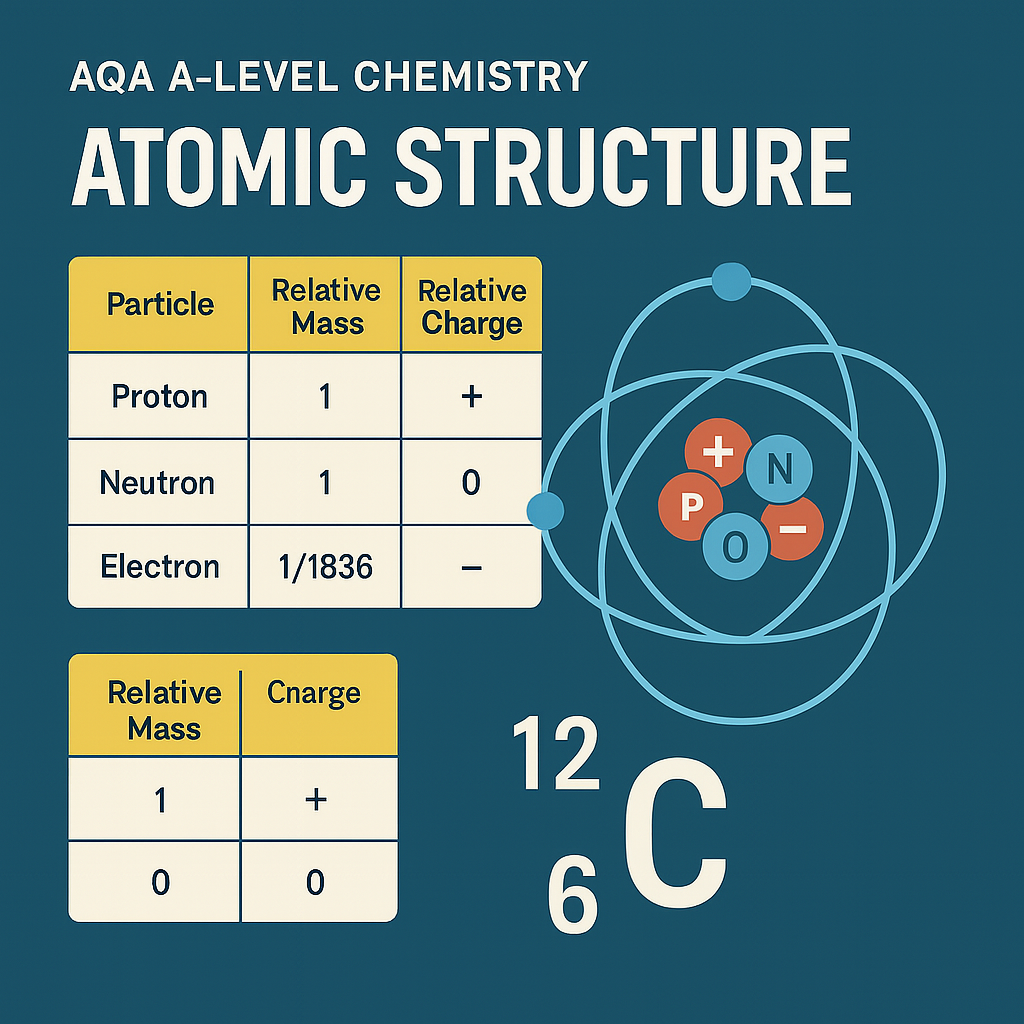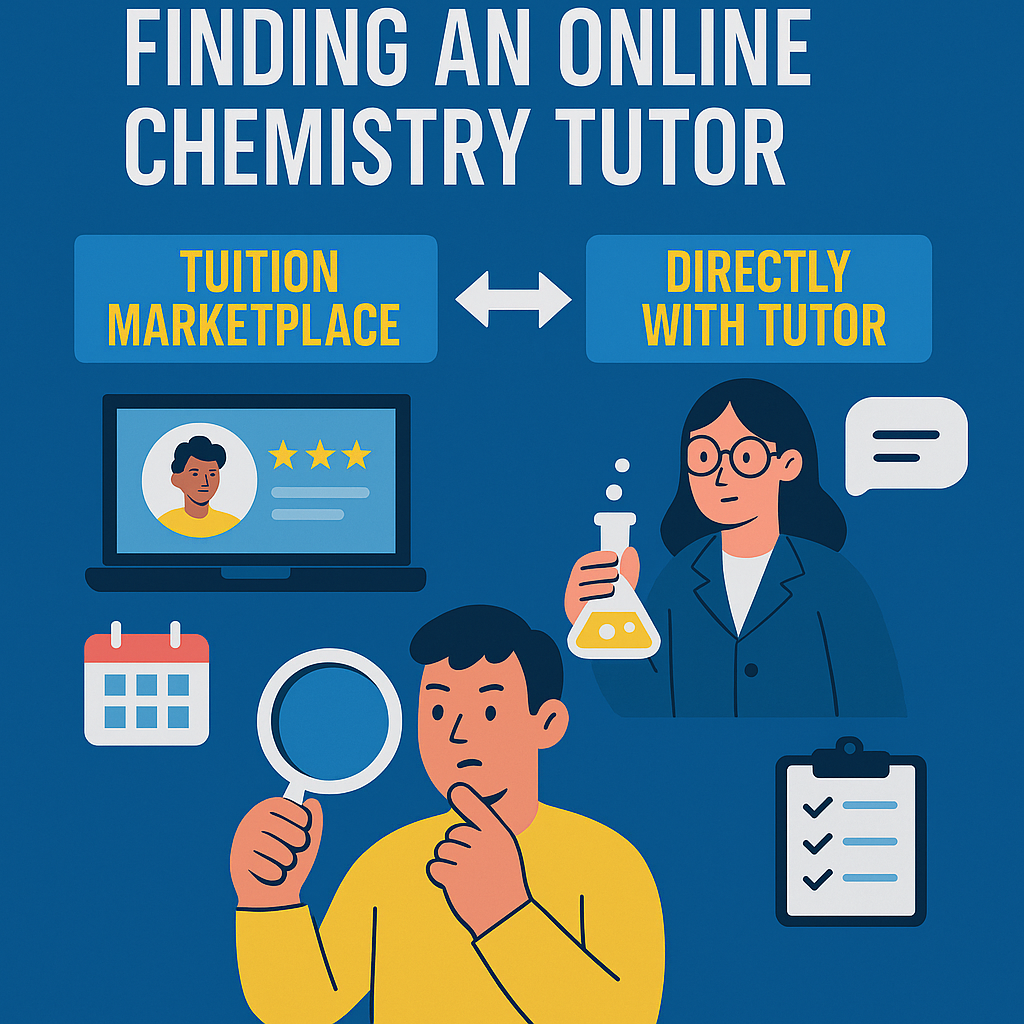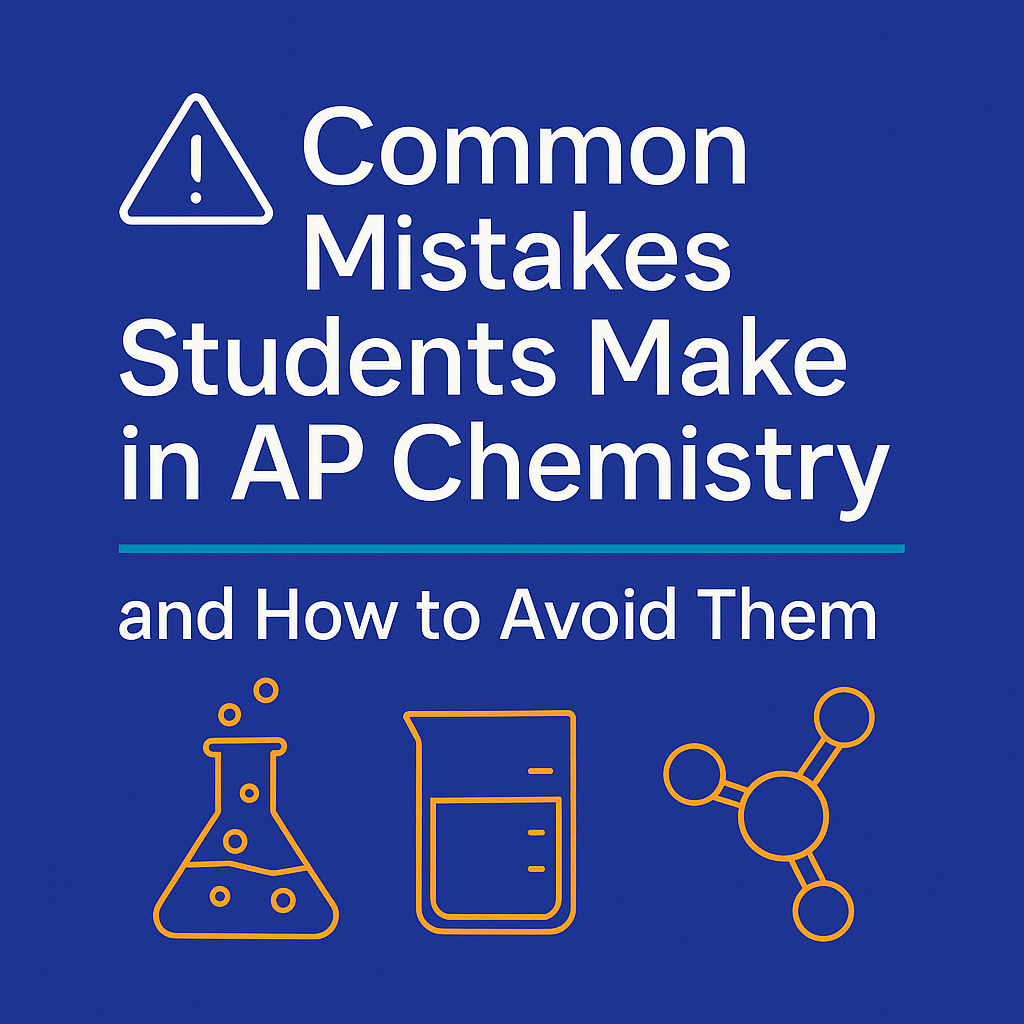Why Chemistry Is So Hard – And How a Tutor Can Make It Click
Struggling with chemistry can knock a student’s confidence, leading to a downward spiral of avoidance and stress.
Why Chemistry Is So Hard – And How a Tutor Can Make It Click
Chemistry is often labelled as one of the most challenging subjects at GCSE, A-Level, and IB. It demands a unique blend of abstract thinking, maths skills, problem-solving, and memorisation – all at once. Students frequently find themselves overwhelmed, frustrated, or just completely lost. But why is chemistry so difficult, and how can the right tutor transform the experience from confusion to confidence?
Why Students Struggle with Chemistry
Many students who excel in other sciences hit a wall when it comes to chemistry. Unlike biology, which is largely content-based, or physics, which is highly mathematical, chemistry falls somewhere in between – demanding fluency in theory, numbers, and application.
Here are some of the main reasons students struggle:
Abstract concepts
Chemistry deals with atoms, ions, electrons, and invisible interactions. You’re asked to visualise processes you can’t see, often with no tangible connection to the real world. The idea that water is made of H₂O seems simple—until you have to explain hydrogen bonding or molecular polarity.Heavy reliance on maths
From mole calculations and equilibrium constants to logarithms and rate equations, chemistry often requires mathematical skills that students haven’t yet mastered.Cumulative knowledge
Chemistry topics build on one another. If you didn’t fully grasp bonding or atomic structure, you’ll find organic chemistry or energetics even harder. There’s little room for gaps.New language and symbols
The periodic table, chemical equations, arrows, charges, curly arrows, and nomenclature all create a “code” that feels like learning a new language.Exam technique matters as much as knowledge
Even students who understand the material can underperform in exams. Chemistry exams are notoriously precise—answering with the wrong number of significant figures or missing a key word can cost you marks.
How a Tutor Can Help Chemistry ‘Click’
The good news? With the right guidance, chemistry can go from painful to powerful. Here’s how a great tutor can help:
Breaking it down simply
An experienced tutor knows how to explain complex topics using analogies, visuals, and step-by-step logic. They help students understand the why behind the what, not just memorise facts.Plugging the knowledge gaps
Tutors identify where understanding broke down and revisit those foundations. You can't balance redox reactions if you never quite understood ions.Bringing maths into context
Chemistry maths isn’t about abstract numbers – it’s about applying logic to real-world problems. A tutor can integrate maths practice into chemistry learning, so students become fluent in both.Teaching how to learn chemistry
Knowing how to revise chemistry is half the battle. Should you use flashcards, past papers, diagrams, or worked examples? A tutor personalises strategies based on what works best for the student.Practising past paper questions strategically
Tutors train students to think like examiners: spotting command words, understanding mark schemes, and using model answers as a framework. Regular exam practice builds confidence and exam technique.Tailoring lessons to the student’s pace and level
Classrooms move quickly, and teachers don’t always have time to revisit tricky topics. A tutor slows down, speeds up, or switches approaches as needed—completely focused on one student’s progress.
Why Personalised Support Matters More in Chemistry
Chemistry is not a subject you can master with cramming. It requires consistent reinforcement, question practice, and understanding that builds layer by layer. That’s where the one-to-one nature of tutoring excels:
Immediate feedback helps correct mistakes before they become habits.
Students feel safe asking “stupid” questions they wouldn’t ask in class.
Tutors can adjust lessons instantly to reinforce what the student just missed.
Progress is measurable: students often jump entire grade boundaries with regular tutoring.
The Emotional Impact: From Anxiety to Confidence
Struggling with chemistry can knock a student’s confidence, leading to a downward spiral of avoidance and stress. Tutoring helps reverse that:
Students begin to enjoy chemistry when it finally makes sense.
Seeing progress weekly is hugely motivating.
Confidence in chemistry often lifts performance in other STEM subjects too.
What Makes a Great Chemistry Tutor?
Not all tutors are equal. A great chemistry tutor brings more than just subject knowledge. They offer:
Deep understanding of the syllabus (GCSE, A-Level, IB, etc.)
Real teaching experience and exam board insight
A warm, encouraging teaching style
The ability to explain difficult ideas in multiple ways
A structured plan to build both knowledge and exam technique
If you're a parent, these are the traits to look for. If you're a student, remember: chemistry is hard—but with the right tutor, it becomes achievable.
Success Stories: It Happens All the Time
It’s not uncommon for students to go from:
Failing mock exams to scoring a 7 in IB Chemistry
Predicteds of grade 5 to securing an A in A-Level
Total confusion about moles to confidently teaching their classmates
Tutoring transforms not just grades—but how students feel about chemistry and their ability to succeed.
Final Thoughts: You Don’t Have to Do This Alone
If chemistry feels like an uphill battle, you’re not alone—and you’re not “bad at science.” You just need someone to guide you through it, one concept at a time. A great tutor bridges the gap between confusion and clarity, helping you unlock chemistry’s logic, beauty, and (yes!) even its simplicity.
Ready to stop dreading chemistry?
Book a 15 mins consultation with Dr Marguerite Quinn today and discover how expert one-to-one tutoring can help you feel confident, prepared, and in control of your chemistry journey.





Understand AQA A-Level Chemistry Section 3.1.1.2 on mass number and isotopes. Learn key definitions, isotope notation, calculations, and how this topic builds your scientific and exam skills.